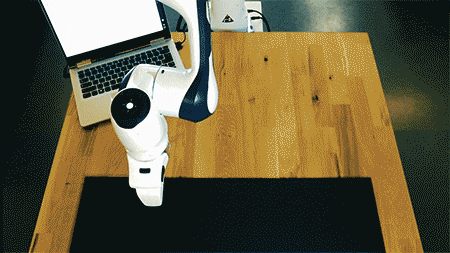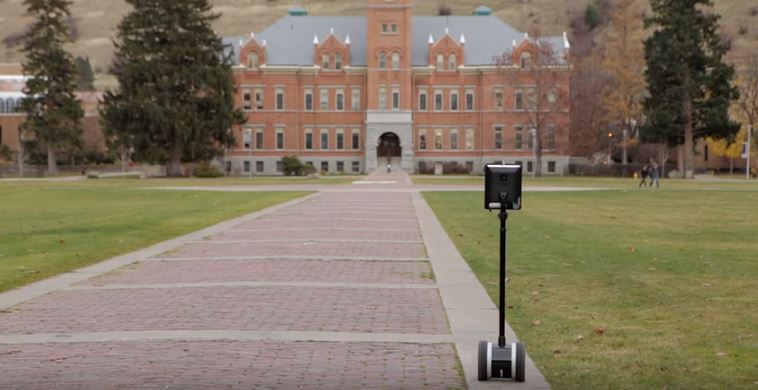Autonomous robots – a help or a hindrance?
Robot technology has advanced dramatically, even in the last decade. We now have robots carrying out tasks that previously might have been the plot of science fiction. In this blog post, we’ll be going through a few of the ways that robots are specifically being integrated into the hotel and service industry – and asking whether we should be excited, or see this as a temporary trend.


